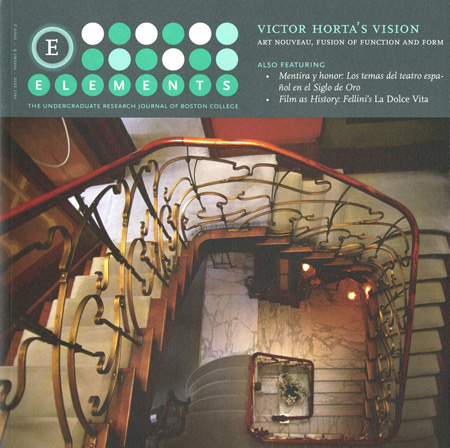Cunning Folklore: The Meaning of "Superstition" in Early Modern Europe
DOI:
https://doi.org/10.6017/eurj.v6i2.9036Keywords:
Fall 2010, humanities, historyAbstract
Simultaneous with the European witch craze, early modern scholars began to collect the superstitious practices of the lower classes into writing. It was a task of compiling charms, spells, and rituals of a people thought to be vanishing and a lifestyle no longer deemed current. Schoalrs today erroneously label these lower classes "cunning folk." These practitioners of magic were not confined to a particular group but rather represented the lower class worldview in general. What is most useful about these folklore texts, however, is their revelations about early modern intellectual culture. These texts are a particular genre of literature, addressing the cultural context in which they were written in order to elucidate what contemporaries believed about magic practitioners and what these beliefs indicate about their intellectual worldview. What becoms clear is that the cultural meanings and functions of magic practitioners in these texts are inextricably tied to changing discourses concerning religion, medicine, and antiquarianism. Superstition in early modern Europe was thus used as a foil for "right thinking" and casts light on the concerns and prejudices of the educated class.Downloads
Published
2010-11-10
How to Cite
Gilman, A. (2010). Cunning Folklore: The Meaning of "Superstition" in Early Modern Europe. Elements, 6(2). https://doi.org/10.6017/eurj.v6i2.9036
Issue
Section
Articles
License
Copyright (c) 2015 Elements

This work is licensed under a Creative Commons Attribution 4.0 International License.

